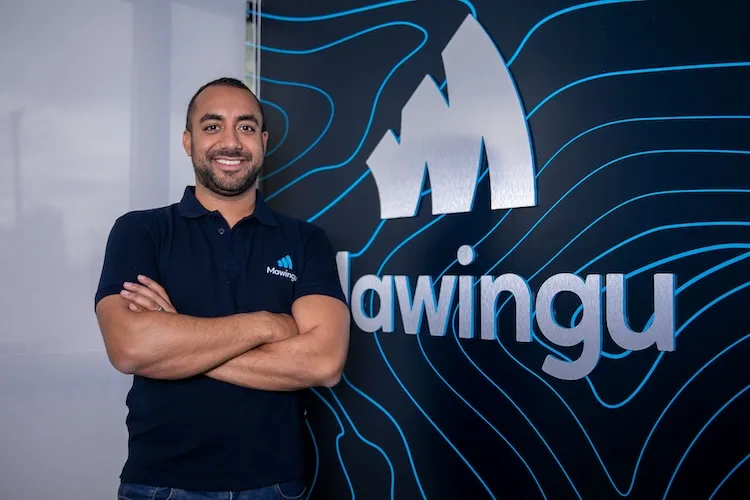Mawingu, a Kenyan internet service provider focused on connecting rural communities, has closed a $20 million Series C round led by Pembani Remgro Infrastructure Managers as it races toward its goal of reaching one million users by 2028.
The company has carved out a niche as Kenya’s largest WiFi provider dedicated specifically to rural areas — communities that traditional ISPs have largely ignored due to perceived low profitability. But Mawingu’s bet is that there’s both a business case and a moral imperative in serving these underserved markets.
“Raising capital in today’s environment is no small feat. It demands execution, resilience, and extraordinary people,” CEO Farouk Ramji told Techmoonshot. “This Series C is more than just a financing milestone. It’s a celebration of our people, our partners, and the shared belief that connectivity can transform lives.”
The funding comes at a time when African tech startups have faced a challenging fundraising environment, with venture capital flowing to the continent dropping significantly from its 2021-2022 peak. That makes Mawingu’s ability to attract infrastructure-focused institutional capital particularly noteworthy.
Pembani Remgro Infrastructure Managers, the round’s lead investor, is a private equity fund that specifically targets African infrastructure projects. The firm’s backing suggests growing investor confidence that rural connectivity in Africa can be financially sustainable while delivering social impact.
The rural connectivity gap
Kenya has made significant strides in urban internet penetration, but rural areas remain largely disconnected. This digital divide has real economic consequences, limiting access to education, healthcare, financial services, and economic opportunities for millions of people.
Mawingu’s model addresses this by deploying WiFi networks specifically designed for rural environments, with pricing structures that account for lower income levels in these communities. The company says it has found a way to make the unit economics work through a combination of volume, efficient network deployment, and understanding local market dynamics.
What’s next
The fresh capital will go toward network expansion across Kenya, though the company didn’t specify exactly how many new communities it plans to reach or which regions will be prioritized.
With one million East Africans as its 2028 target, Mawingu would need to significantly scale its operations over the next three years. The company’s success could provide a roadmap for other connectivity providers looking to serve rural markets across Africa — a potential market of hundreds of millions of people who remain offline.
The round also positions Mawingu as one of the few African connectivity startups to successfully raise institutional capital during a period of funding uncertainty, potentially opening doors for similar infrastructure-focused ventures across the continent.













Comments 1